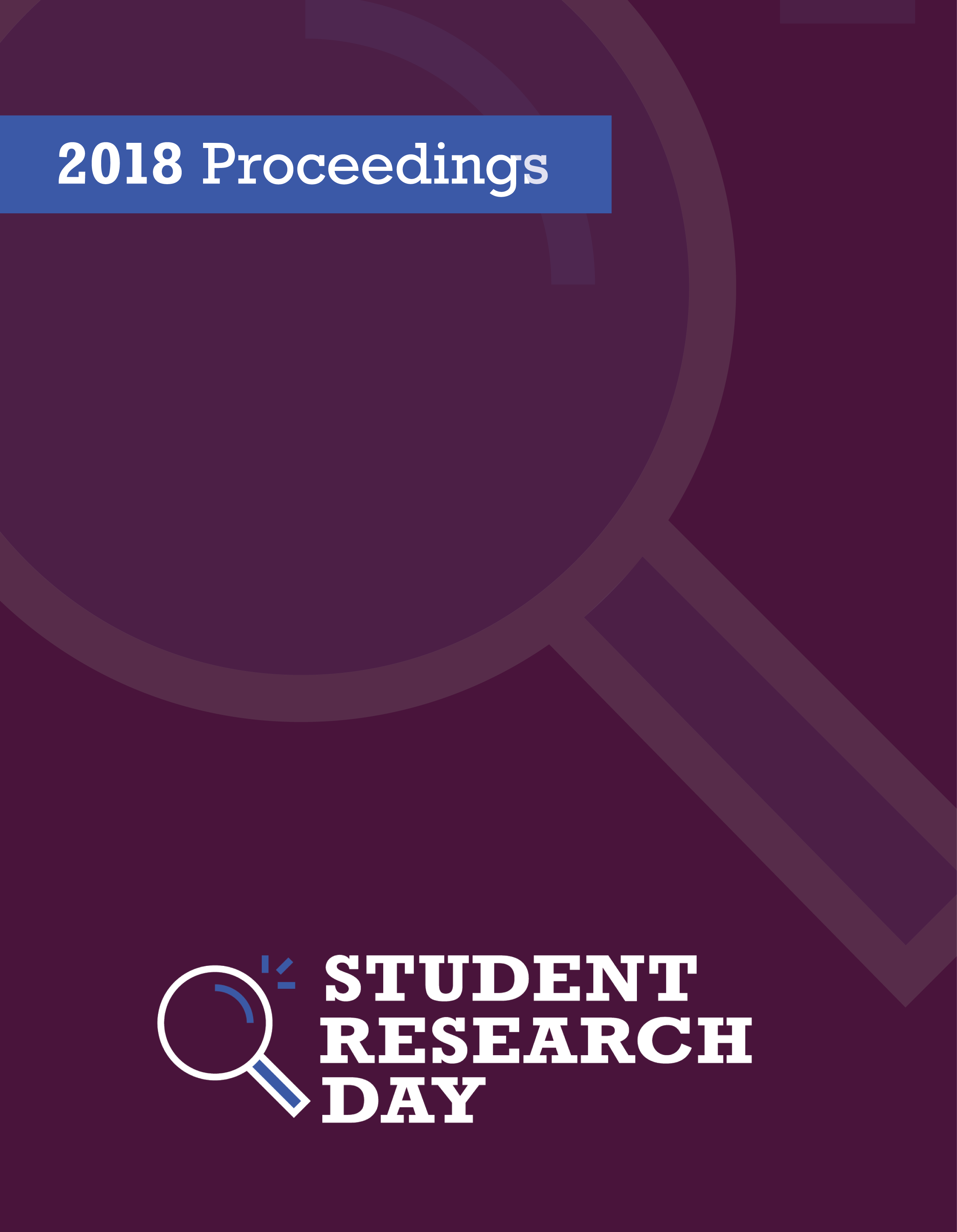Role of Political Affiliation on the Processing of Political Scandals
Abstract
During every election partisans from either side tend to defend their candidates against scandals involving them, while they may repairman the opposing candidates for the same behaviour. Two psychological theories help explain why this occurs: confirmation bias and biased assimilation. Respectively they involve the tendency to interpret information confirming our preexisting beliefs, and to evaluate information in a biased manner. using a controlled and contextually-relevant setting, our study examined if participants would interpret information in order to defend the political party they affiliated themselves with.
MacEwan undergrads who identified as supporters of the Liberal or Conservative Parties of Canada were compared to see whether partisans interpret news scandals differently. Partisans read an article involving Members of Parliament from the Conservative or Liberal Parties of Canada, or from New Zealand's United Future Party as a neutral control. The article informed the participants that the MPs were using taxpayers money to fund personal expenses. We hypothesized that they would find the story more relevant to the MPs ability to perform at their jobs if they were from a party they did not support than if the MPS were from the party they did. From our analysis, we found that Conservative and Liberal students were more likely to defend the party they supported, and chastise the party they opposed when they were respectively involved in the scandal. We did not find out effect on other measures. implications and potential explanations will be discussed.
Discipline: Psychology (Honours)
Faculty Mentor: Dr. Craig Blatz
References
Published
Issue
Section
License
Authors retain any and all existing copyright to works contributed to these proceedings.



